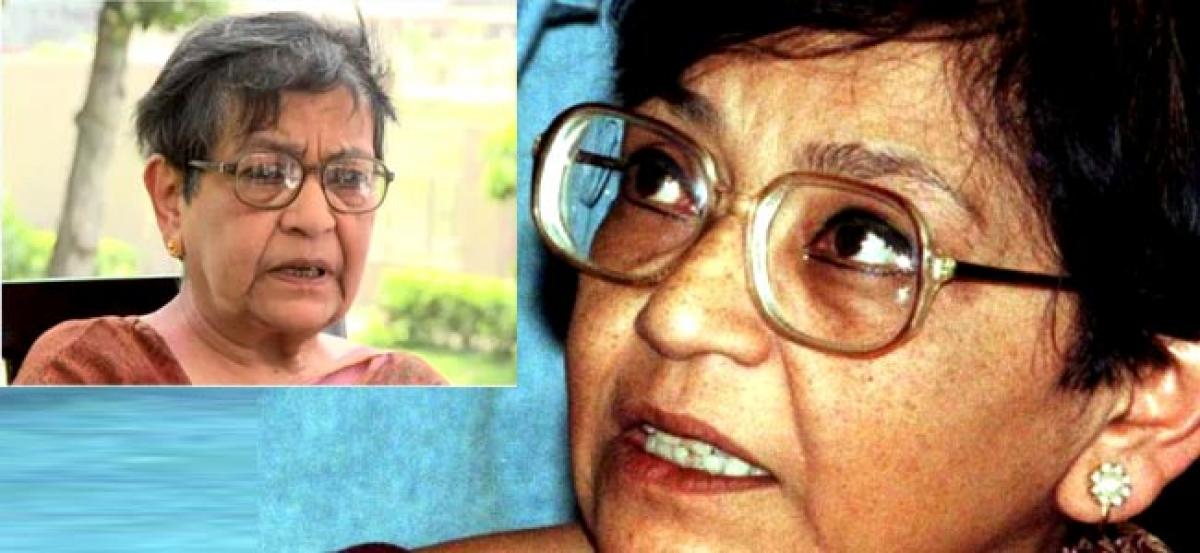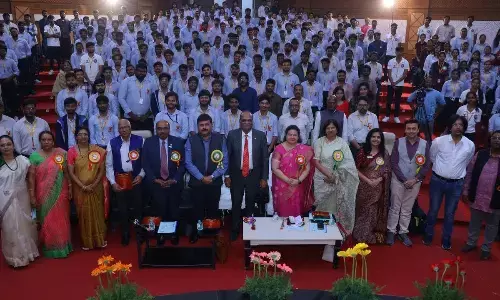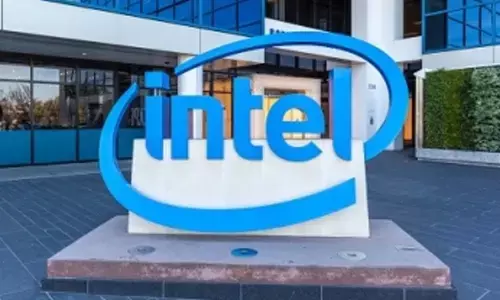A tribute to Arundhati Ghose aka Chuku

The Indian Foreign Service lost one of its best and brightest on July 26 -- Arundhati Ghose or \"Chuku\" as she was popularly known. She grew up in Mumbai and studied at Cathedral and John Connon School. She graduated from Lady Brabourne College in Kolkata and went on to study at Visva-Bharati University in Shantiniketan, before joining the Indian Foreign Service in 1963.
The Indian Foreign Service lost one of its best and brightest on July 26 -- Arundhati Ghose or "Chuku" as she was popularly known. She grew up in Mumbai and studied at Cathedral and John Connon School. She graduated from Lady Brabourne College in Kolkata and went on to study at Visva-Bharati University in Shantiniketan, before joining the Indian Foreign Service in 1963.
Chuku came from a prominent Bengali family. She was the sister of Ruma Pal, a former Supreme Court judge, and of Bhaskar Ghose, a former Chairman of Prasar Bharati.
As a young officer, she served in the newly-opened mission in Dhaka following the liberation of Bangladesh. As a Joint Secretary she specifically requested to be assigned to the Africa Division in the period prior to the historic changes in South Africa.
As Additional Secretary dealing with Economic Relations in the early 1990s, she laid the foundations of India's economic diplomacy as we know of it today. Her other assignments included Ambassador to Egypt, South Korea and finally Permanent Representative of India to the United Nations offices and other international organizations in Geneva.
Chuku's professional contributions did not end with her superannuation from the Foreign Service. She served on several disarmament panels post retirement and as a member of the UPSC.
I had the privilege of working with her as a young Director dealing with multilateral economic work when I returned after a stint on deputation to the United Nations in Geneva in 1991. Those were the days when the contours of our Look East policy, of our engagement with countries of the Indian ocean region and intensified economic interaction with the countries of the Asean were being laid.
Economic diplomacy, taken for granted now as an indispensable segment of India's foreign policy was then in early stages of being conceived and implemented. Chuku deserves a large measure of the credit of fashioning the MEA mindset of projecting India from an inward to an outward looking country embracing the results of trade liberalisation then embodied in the not so popular Dunkel draft.
A thorough professional, she resented any suggestion that lady officers be accorded special consideration.
She had both the ability and capacity to pursue her brief even in the most difficult negotiating environment.
It was perhaps the stint in Geneva when as Permanent Representative she was assigned to the Conference on Disarmament (CD) which will define her legacy. She immersed herself fully in the negotiations of the Comprehensive Test Ban Treaty (CTBT) where she led the Indian delegation upfront. The fact that we had a Foreign Minister then who made opposition to the CTBT a central talking point with all his interlocutors, no matter what the occasion, provided the political support which an Ambassador requires to convert a professional task into a passion.
Chuku was married to her work. She will be remembered not only for her professional contributions in the shaping and execution of India's foreign policy but also as a warm and kind human being. Her presence in the Capital's intellectual discourse will be sorely missed.
By Hardeep S. Puri
(the author is a former Indian diplomat. He can be contacted at [email protected])











